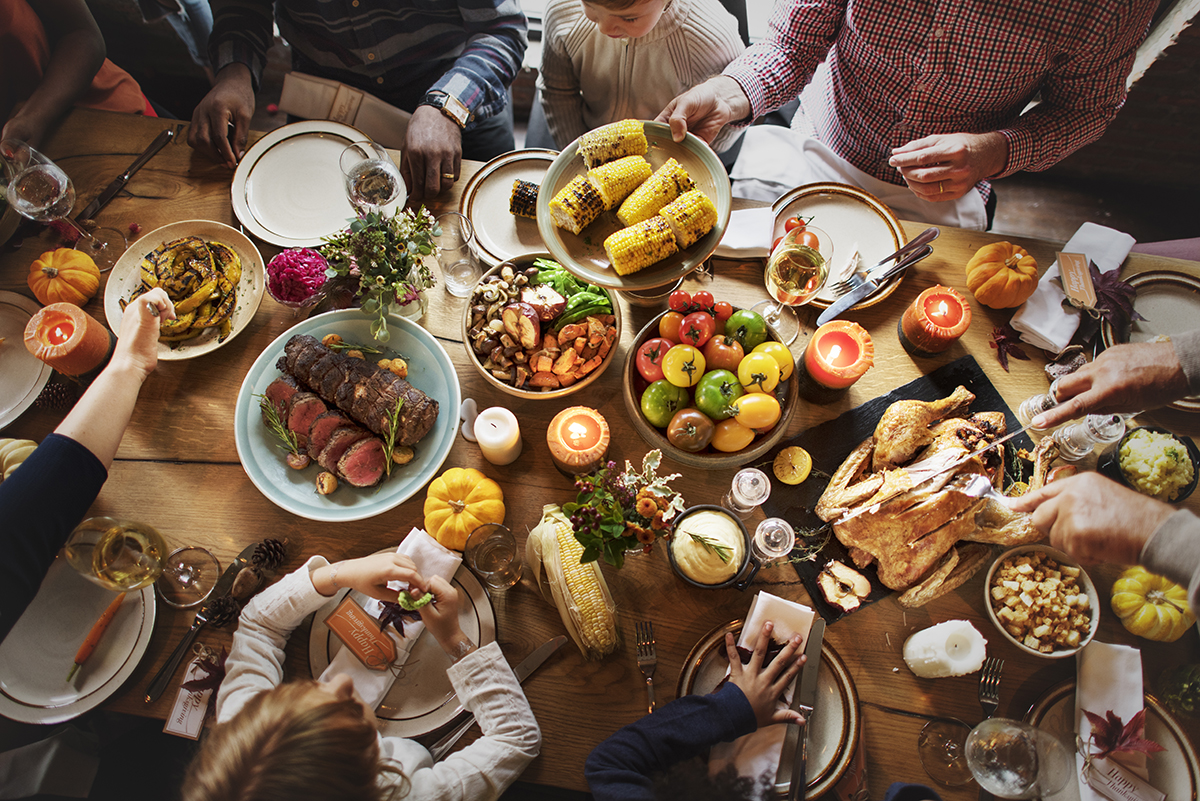- In Africa, Christmas is less commercialized but remains a deeply communal event. In countries like Kenya and Nigeria, families come together to celebrate with traditional foods, music, and dances. It’s not uncommon to see entire villages participating in festivities, emphasizing the communal spirit over materialistic displays.
The holiday season is a time of joy, reflection, and togetherness, with Christmas and Thanksgiving standing out as two of the most celebrated occasions globally. While their origins and traditions differ, both holidays serve as pillars of cultural identity and community. Yet, their significance varies widely across the world, shaped by history, religion, and local customs.
Christmas, rooted in the Christian tradition of celebrating the birth of Jesus Christ, has grown into a global phenomenon transcending religious boundaries. Its cultural significance extends beyond its theological origins, morphing into a season of generosity, family bonding, and festivity in different parts of the world.
In predominantly Christian nations like the United States, Italy, and the Philippines, Christmas is deeply tied to religious observance. Midnight Mass, nativity plays, and carol singing reflect the holiday's spiritual roots. In the Philippines, for instance, Christmas celebrations begin as early as September, marked by the Simbang Gabi (a series of dawn masses) and the parol, a traditional star-shaped lantern symbolizing the Star of Bethlehem.
However, in secular societies or those with diverse religious practices, Christmas often takes on a more universal meaning. Japan, a country where Christianity is a minority religion, has embraced Christmas as a celebration of love and joy. Families and couples gather for a Christmas feast, often featuring fried chicken—a quirky yet beloved tradition popularized by marketing campaigns in the 1970s.
In Africa, Christmas is less commercialized but remains a deeply communal event. In countries like Kenya and Nigeria, families come together to celebrate with traditional foods, music, and dances. It’s not uncommon to see entire villages participating in festivities, emphasizing the communal spirit over materialistic displays.
Read More
Thanksgiving, though traditionally seen as a North American holiday, is steeped in the universal value of gratitude. Its roots lie in the harvest festivals of early settlers in the United States, specifically the Pilgrims, who celebrated their first successful harvest in 1621. Today, Thanksgiving in the U.S. and Canada focuses on family reunions, large meals, and reflecting on blessings.
The hallmark of Thanksgiving is its inclusivity. Unlike Christmas, it is not tied to a specific religion, making it a unifying celebration in increasingly diverse societies. Families of all backgrounds gather around the dinner table to share turkey, stuffing, and pumpkin pie, fostering a sense of belonging.
While Thanksgiving as a formal holiday is primarily North American, the spirit of giving thanks resonates globally. In Korea, Chuseok, a harvest festival akin to Thanksgiving, involves families honoring their ancestors and sharing meals made from the year’s harvest. Similarly, in India, Pongal is a multi-day harvest festival where families thank the Sun God for a bountiful harvest.
Even in non-agricultural societies, moments of collective gratitude exist. For example, Japan's Labor Thanksgiving Day, celebrated on November 23, is a public holiday dedicated to honoring hard work and community contributions, echoing the gratitude at the heart of Thanksgiving.
Despite their distinct origins, Christmas and Thanksgiving share common themes: togetherness, gratitude, and reflection. Both holidays offer a reprieve from the hustle and bustle of daily life, allowing individuals to reconnect with loved ones and reflect on their blessings.
These celebrations also emphasize generosity. Christmas, with its tradition of gift-giving, mirrors the Thanksgiving ethos of sharing. Acts of charity, whether through donating to food banks during Thanksgiving or giving to those in need during Christmas, highlight the unifying message of compassion.
One cannot discuss Christmas and Thanksgiving without acknowledging the shadow of commercialization. In many countries, these holidays have become heavily commercialized, often overshadowing their original significance. The frenzy of Black Friday shopping immediately after Thanksgiving and the consumer-driven focus on Christmas presents risk diluting the deeper meanings of these celebrations.
Yet, cultural adaptations have also kept these holidays relevant. In countries like Mexico, Christmas traditions such as Las Posadas (a reenactment of Mary and Joseph’s search for shelter) maintain the holiday’s spiritual essence. Similarly, Thanksgiving dinners in immigrant households often include cultural staples alongside traditional turkey, creating a fusion that honors both heritage and adopted traditions.
As the world becomes more interconnected, the way Christmas and Thanksgiving are celebrated continues to evolve. Multicultural societies are blending traditions, creating hybrid celebrations that reflect modern values. For instance, a Thanksgiving meal in a diverse U.S. city might feature tamales, dumplings, or curry alongside pumpkin pie, symbolizing the melting pot of cultures.
Christmas, too, is adapting. While its core message of love and goodwill remains universal, how it is celebrated varies widely. In Nordic countries, for instance, the focus on hygge—a concept of coziness and warmth—during Christmas resonates globally, inspiring people to embrace simpler, more meaningful celebrations.
Whether through the twinkling lights of Christmas or the bountiful table of Thanksgiving, these holidays remind us of what truly matters: connection, gratitude, and hope. In a world often divided by differences, the shared values underpinning these celebrations offer a powerful reminder of our common humanity.
As we partake in these holidays, whether with traditional customs or modern twists, their true significance lies in the moments of unity they create—moments that transcend culture, religion, and geography. After all, no matter how or where they are celebrated, Christmas and Thanksgiving remind us to cherish what we have and who we share it with.












